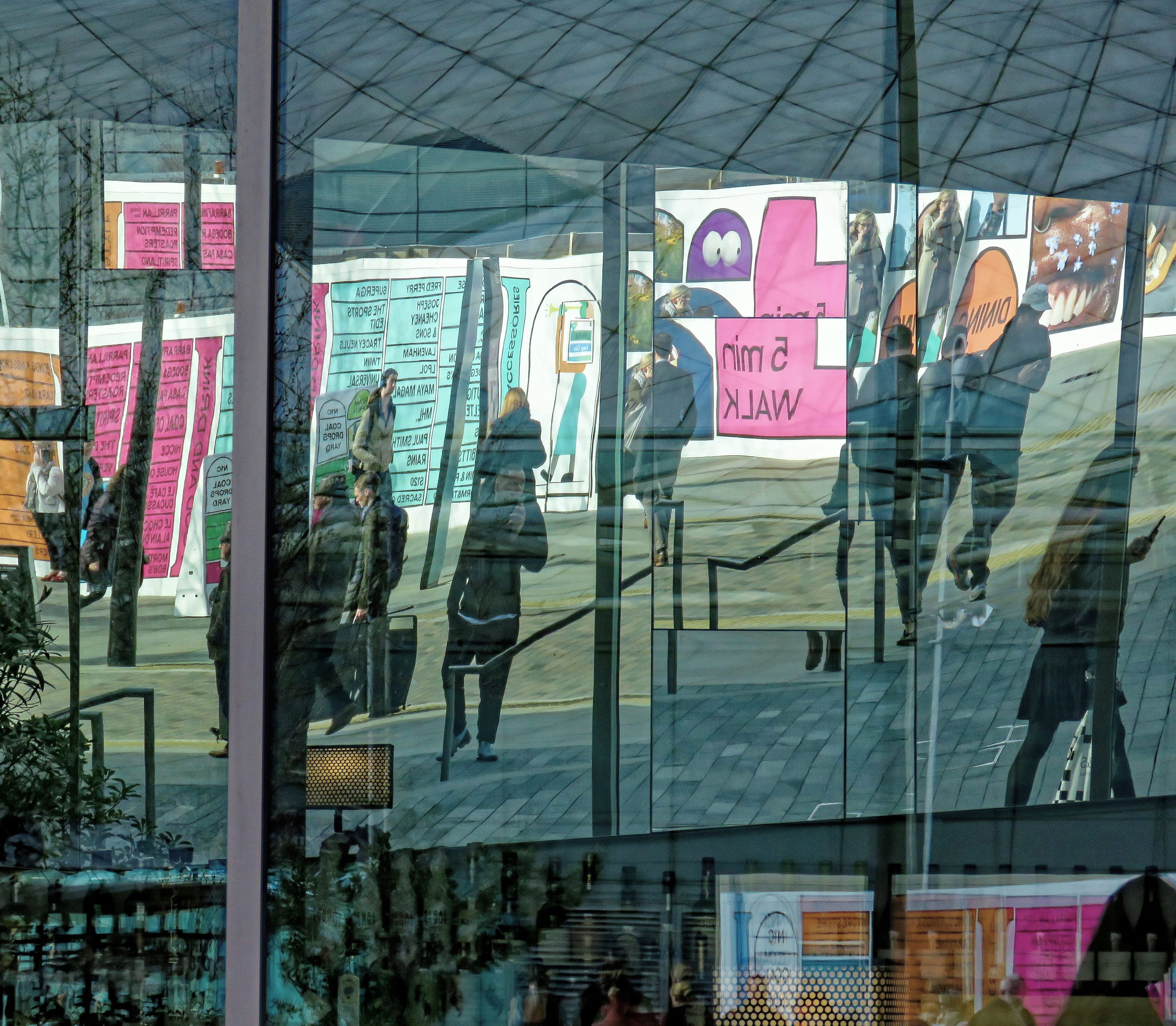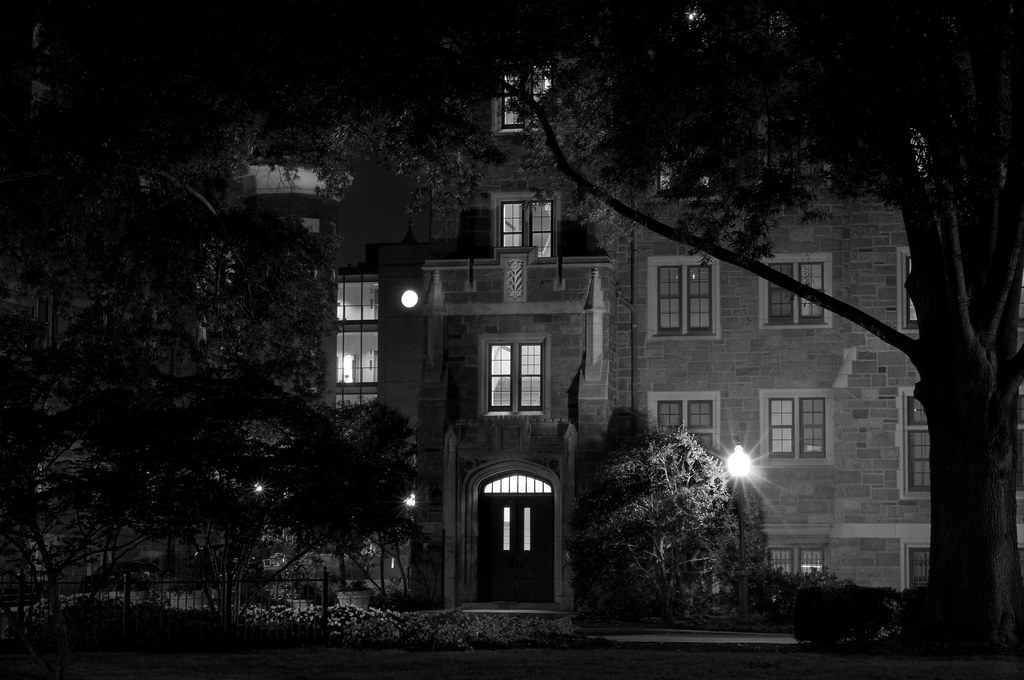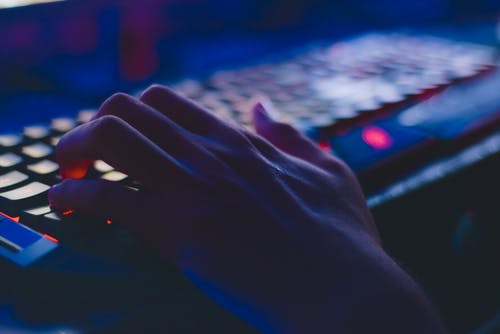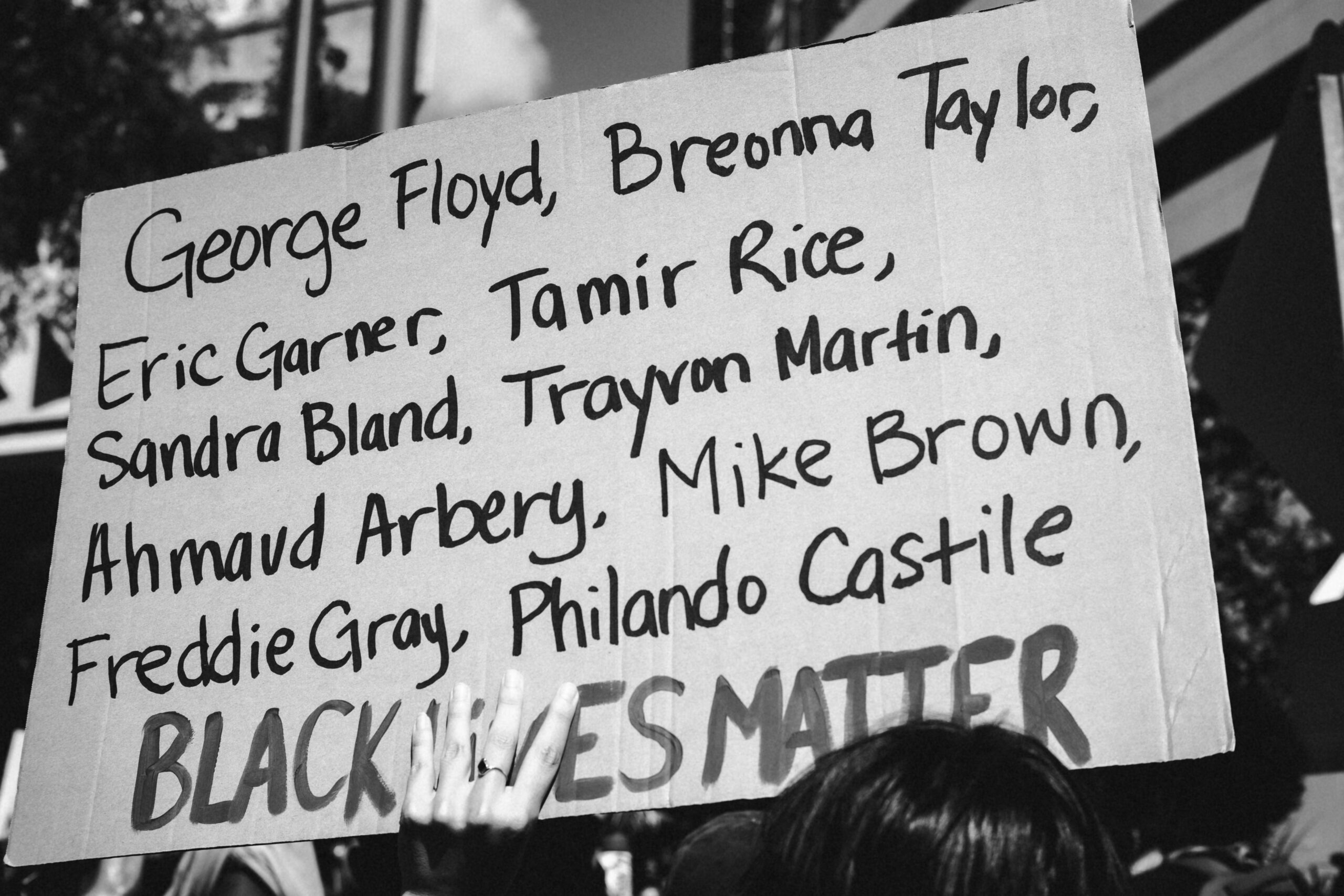Pretty generally, I’m quite low-key on social media.
I’m what could be described as an Instagram ghost – I flit from active to dormant, and only accept follow requests from people I am not loathed to see. I’m liberal with blocking people on Twitter, and I most definitely don’t post the entire history of my life on Facebook.
Yet, when the Cambridge Analytica scandal broke, I couldn’t help but express my curiosity. This was a major scandal which bridged the illusive gap between politics and social media, with millions of details of personal information literally plucked from out of our grasp. Did it affect me personally? I mean, was I literally being social media stalked by the very people who owned these websites? And how much information could social media realistically hold on my life if I was a self-proclaimed technophobe and half-conspiracist who didn’t publicise a lot of my personal history?
I decided the only place to start was at the very beginning, where it was logical. Facebook. After all, this is where the whole saga originated, and where my social media life first started, way back in 2009, my very own halycon days, the summer before I started secondary school (I know, shock, I wasn’t thirteen). I’d heard the horror stories about Facebook data in and outside of the news; namely how the infamous Social Network tracked phone calls, text messages and contacts. I poured over the documents published by Chris Wylie, a Cambridge-Analytica whistleblower, published in The Guardian. I watched the fascinating Channel 4 Documentary. All in all, it was like something out of 1984. Or probably, more accurately, Black Mirror.
Of course, in all of this wading through data and scandal, it was only right that I do some digging myself.
When I downloaded my data, Facebook, considerate as they are, split all of my information into 26 separate files, each with an apt title which detailed what kind of data was contained. In terms of calls In terms of calls and messages, Facebook gave me nothing, and the reason behind this is quite simple: I never provided the network with my mobile number as a security. Was this number one in my smart moves? Then, I moved onto ad related data. This, Facebook told me, is based on my activity on the site and other actions that help them show me relevant ads. Again, listed in alphabetical order, I was surprised at the type of information that appeared. Whilst my standard interests and likes were included: Journalism, Theatre, Black Mirror (perhaps I was bringing this upon myself), Beyoncé, The Devil Wears Prada and RnB Music, it was safe to say I was completely floored as I went down the list, picking out some interesting standouts: birds, the FTSE 250 Index, the Easter Bunny, a park in Paris named the Bois de Boulogne, of which I had never heard, and the colour brown. These were getting stranger and stranger by the second. So, I moved on. And this was where I began to become a tad panicked.
Every conversation I’d ever had on Facebook, split neatly into separate folders according to who I’d spoken with. Including group chats, audio, gifs, photos. Even conversations I’d had in groups which had since been deleted, or people I’d since unfriended. Going back as far as 2010. With the awful on-purpose spelling mistakes and XD emojis to boot. My data even had the people I had ‘poked’ back in 2010. Were we always this way?
So, aside from being cringeworthy as hell, I discovered Facebook has remembered a lot about me, even the things I had forgotten to remember myself. This was fast turning into my very own Black Mirror rabbit hole, and one I certainly didn’t wish to explore any further.
Instead, I turned my attention to Twitter, where I was late to the game, activating my account in June 2015. Here, there wasn’t too much to tell. Twitter logged all the occasions I had logged into the app since joining, however, they also provided me with a list of my interests, again similar to Facebook: Soul Music, Politics and Current Affairs, The Premier League. It gave me a list of all the weird fringe accounts I’d blocked, words I had on mute (three total), and my most frequent method of logging in (via my phone). Nothing out of the ordinary. For now, I could breathe a sigh of relief. Thanks for doing me a solid, Twitter.
Finally, it was time to move on to the third strand of my social media holy trinity, if you will: Instagram. Once again, I was slightly late to the game on this one, and this can be attributed to the beaten-down pink Blackberry I had, long after it was cool to own one. I joined Christmas Day 2015, when I was gifted my first ever iPhone (the blue 5C, because I just had it like that). But, I wasn’t surprised, and there wasn’t anything strange. Instagram showed me my previous usernames, my previous bios (of which most contained book quotes or phrases) and spam accounts I have blocked. The most out of the ordinary thing was that the app had tracked the photos I had sent and received in Direct Messages since December 2015, and placed them in a neat folder. Whilst these mostly contained memes, it was interesting to go through the file to track my evolving humour interests, if anything.
Whilst delving into my data was a surface level experience which didn’t contain a litany of 1s and 0s as you’d probably expect, it did bring about some surprising discoveries, particularly on the original Social Network. You’d be shocked at what kind of information these social media sites can hold and store about you, long after you’ve lost interest in that kind of thing yourself, and especially with the information you didn’t even realise was attached to your social media identity.
So, a word of warning. Big Brother is watching. And it doesn’t seem like we’ll escape him any time soon.
This article originally appeared in Roar News, the award-winning publication at King’s College London.



